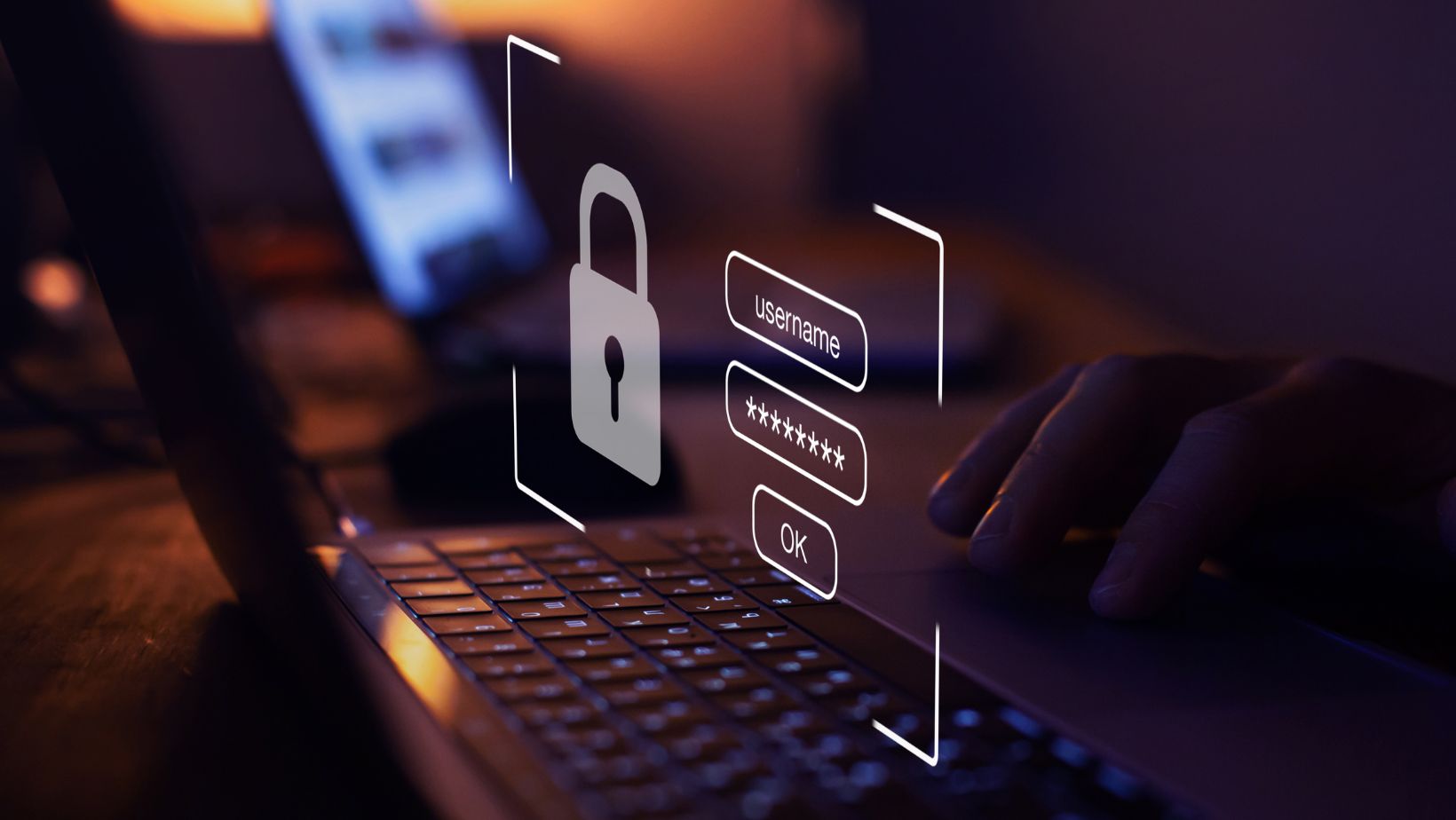Working remotely has become the new standard for many professionals in the quickly changing digital world. While working remotely can offer a heap of perks like comfort and adaptability, it’s not all roses – we have to tackle some sticky challenges, too, especially when discussing keeping our digital lives secure. To keep your home office safe, businesses and individuals must start using top-notch strategies as they adapt to this shift. To keep home offices safe, businesses and people must adopt cybersecurity best practices as remote work increases.
Cybersecurity’s Growing Significance in Remote Work
The attack surface for cyber threats has grown dramatically as remote work has become more common. Because home networks might not have the same strong security features as corporate networks, remote workers are more susceptible to different types of assaults. Being on top of your game with cybersecurity is super important to reduce these risks.
Use Strong and Unique Passwords
One simplest yet most effective way to enhance cybersecurity is by using strong and unique passwords. Avoid using easily guessable passwords like “password123” or personal information like birthdates. Rather than settling for basic passwords, spice things up with a unique mix of alphabets, digits, and symbols. Consider using a reputable password manager to generate and store strong, unique passwords for each account.
Turn On Multi-Factor Authentication To Add Extra Security.
Using multiple forms of ID to log in, like a password and fingerprint, makes your account much safer. This typically involves a combination of something you know (password), something you have (smartphone or token), or something you are (biometrics). Enabling MFA significantly reduces the risk of unauthorized access, even if your password is compromised.
Keep Software and Systems Updated
Regularly updating your operating system, software applications, and security software is crucial for maintaining a secure home office. Crooks on the web are notorious for taking advantage of holes in outdated tech and software, using them as launchpads for their digital heists. Configure automatic updates whenever possible and ensure that all devices, including routers and IoT devices, are running the latest firmware.
Secure Your Home Network
A secure home network is the foundation of a safe remote work environment. Change default router passwords, use WPA3 encryption for Wi-Fi networks, and regularly update your router’s firmware. Think about creating a distinct network for your work gadgets to keep them away from personal ones and lower the chance of them sharing any potential risks.

Start Using a VPN Today
So, think of a VPN like your personal bodyguard on the internet – it builds this safe path for your data to travel from your computer to the server and makes sure everything gets scrambled up in encryption so no one can peek at what you’re doing. When you’re out and about relying on public Wi-Fi to get your work done, it’s essential to ensure the safety of your private data. Purchase a trustworthy VPN service to protect the integrity and privacy of your data.
Educate Yourself and Your Team
Cybersecurity awareness is a powerful defense against potential threats. Make sure you and your remote workforce are trained on the most recent cybersecurity trends and dangers. Being on the lookout for common cyber threats like phishing and social engineering can help dodge potential attacks.
Introducing the Dedicated Proxy from GoProxies
When it comes to cybersecurity and remote work, a specialized proxy service like GoProxies may be quite helpful in improving your online security. A dedicated proxy serves as a go-between for your gadget and the internet, providing a number of advantages for a safe home office setting.
Enhanced Privacy and Anonymity
GoProxies dedicated proxy provides an additional layer of privacy by masking your IP address. Using this proxy is like throwing on an invisibility cloak, making it a real challenge for any online prowlers to track your digital footprint or swipe sensitive details.
Bypass Geographical Restrictions
For remote workers dealing with international clients or accessing region-specific content, a dedicated proxy allows you to bypass geographical restrictions. When using online resources that can be blocked based on your location, this might be especially helpful.
Secure Remote Access
GoProxies dedicated proxy ensures secure remote access to corporate networks and sensitive data. By upping the encryption game, it’s harder for those who shouldn’t be poking around to mess with data while it’s in transit.

Network Speed
With dedicated proxies, you can experience improved network performance and faster internet speeds. For folks who work remotely, having smooth and constant access is crucial—think of heavy-duty tasks like transferring big files or joining video calls; it’s a real game-changer.
In A Recap
As the nature of work continues to change due to remote employment, cybersecurity should always come first. So, if you want to beef up your cyber defence game, here’s the deal: start with crafting uncrackable passwords and don’t skip out on activating that multi-factor authentication feature. Plus, make sure you keep all software fresh by staying on top of updates; take good care of your home network like it’s gold – because in this digital age, it really is! And hey, why not get a bit more security cushioning by using something like GoProxies dedicated proxy? Here is a one sentence rewrite: Employees should use strong passwords and enable two-factor authentication because doing so helps protect sensitive data. Make the most of the opportunities presented by remote work while being informed and safe.

